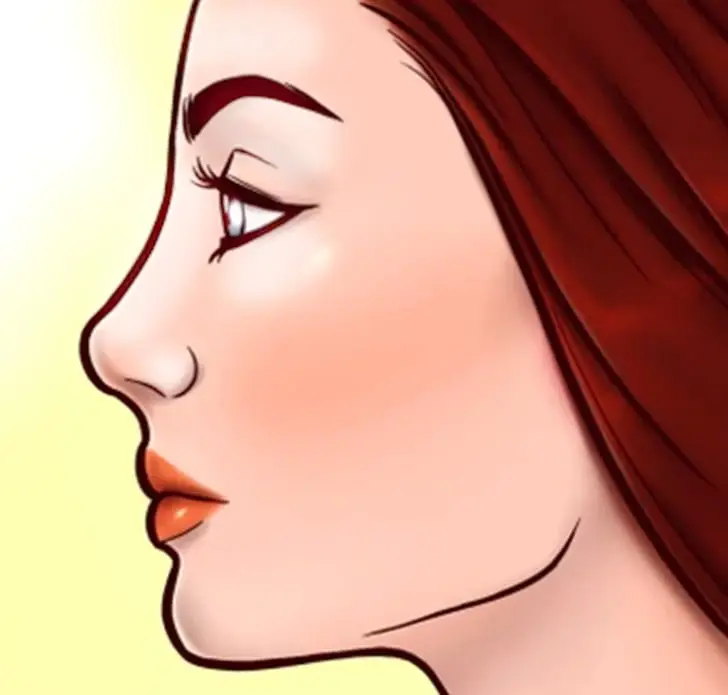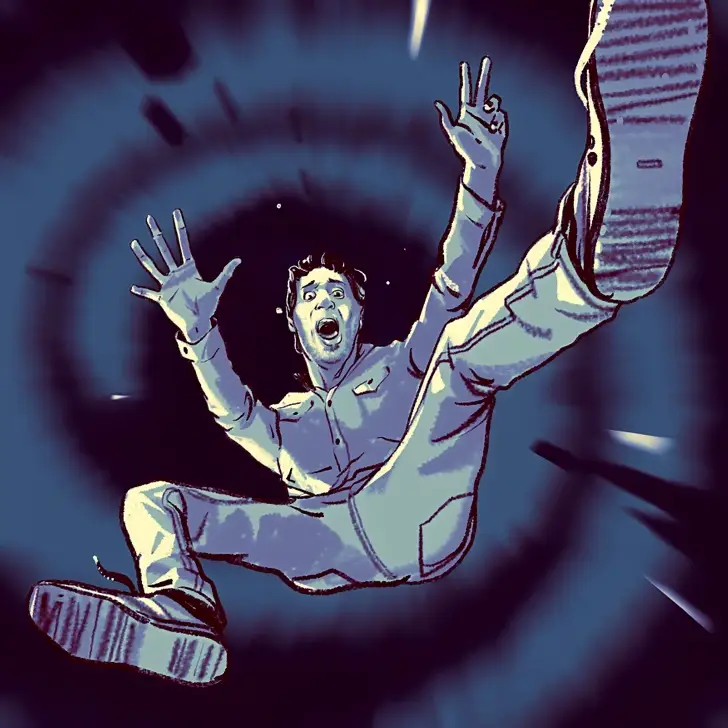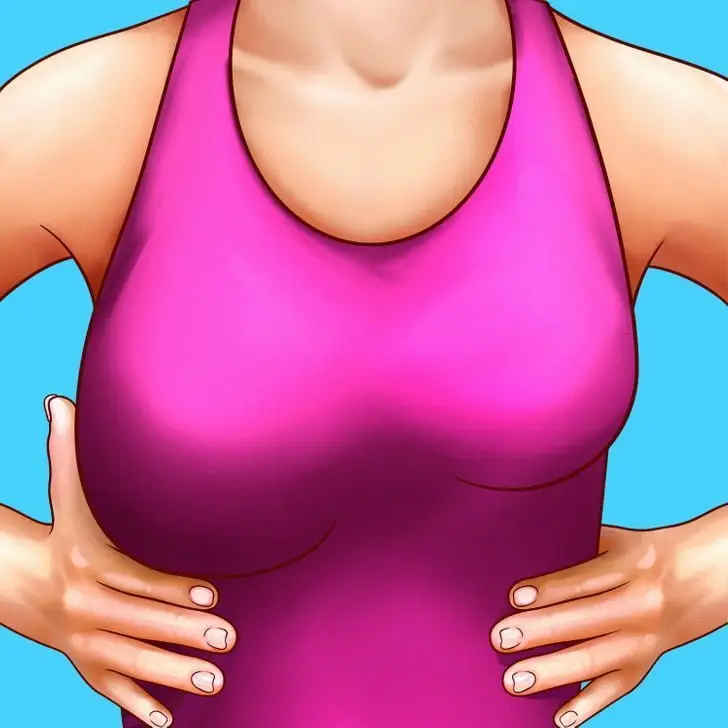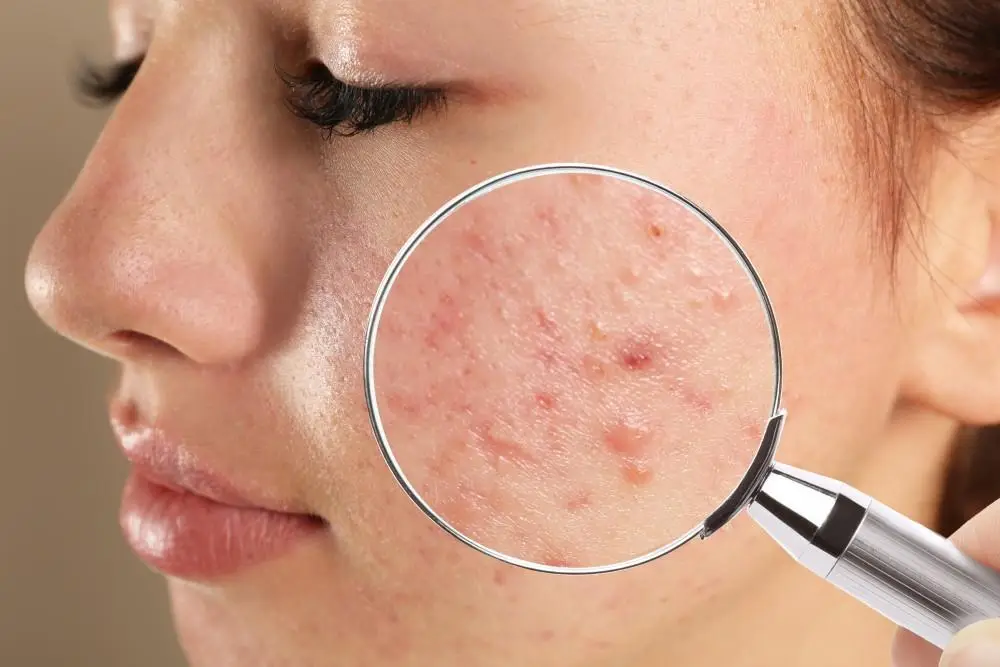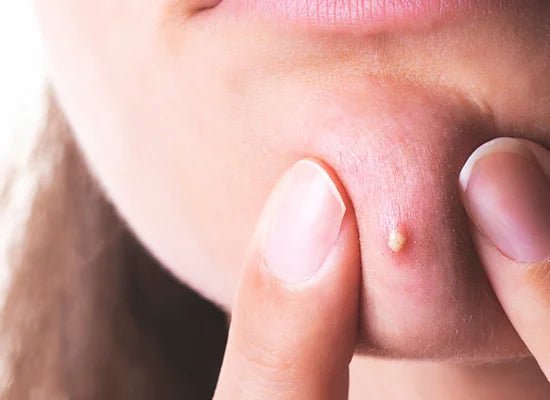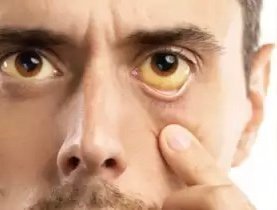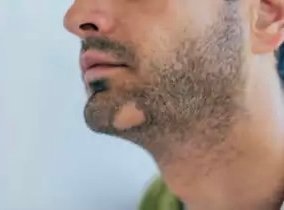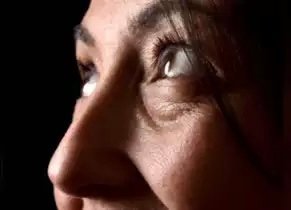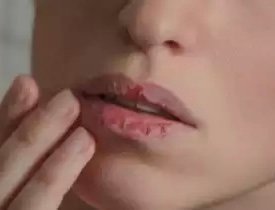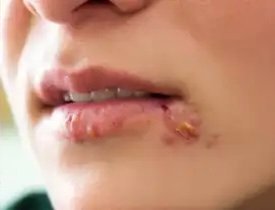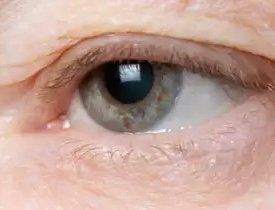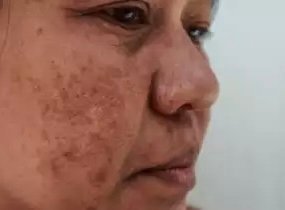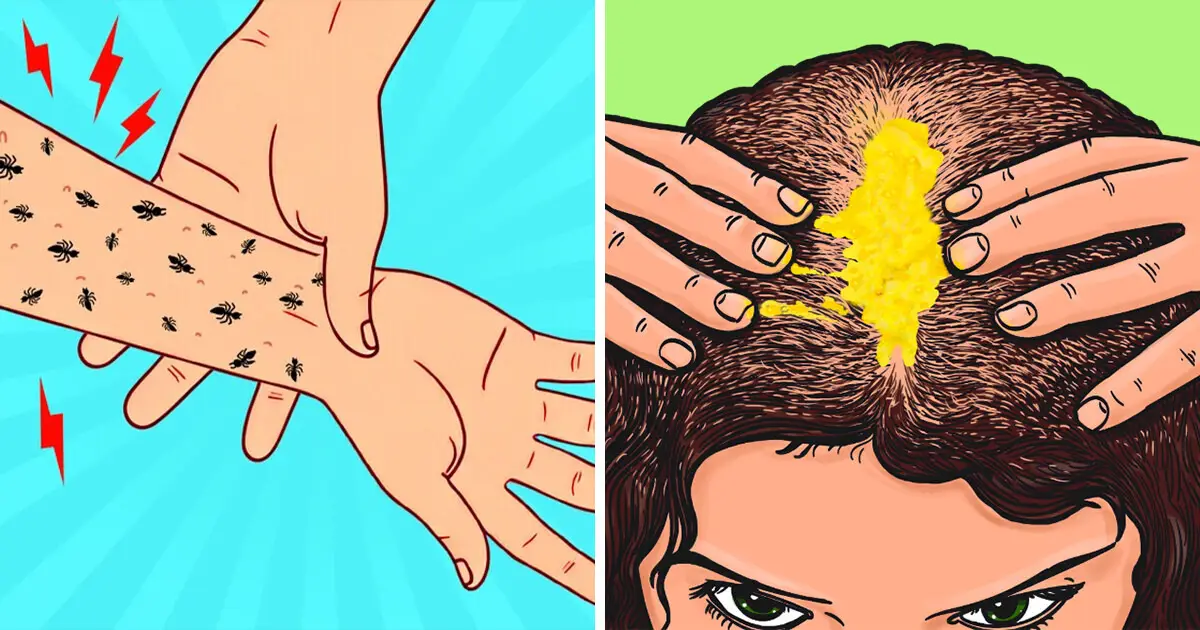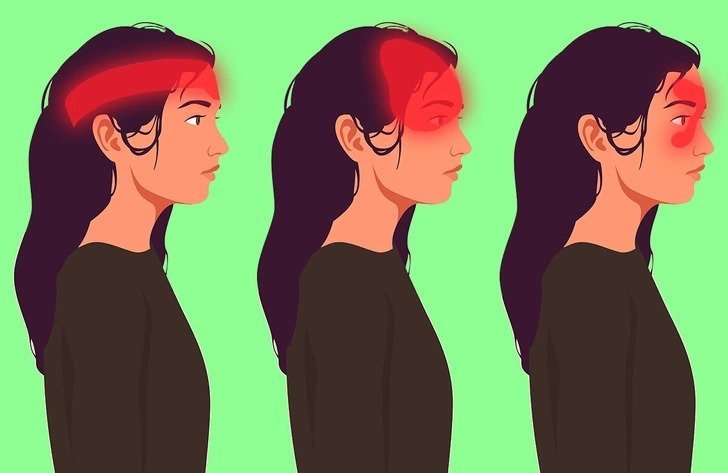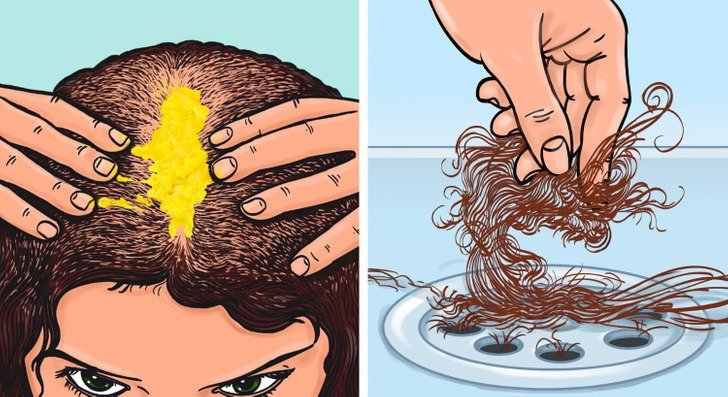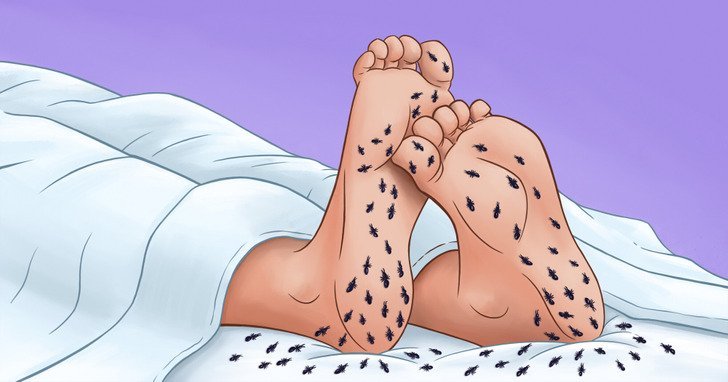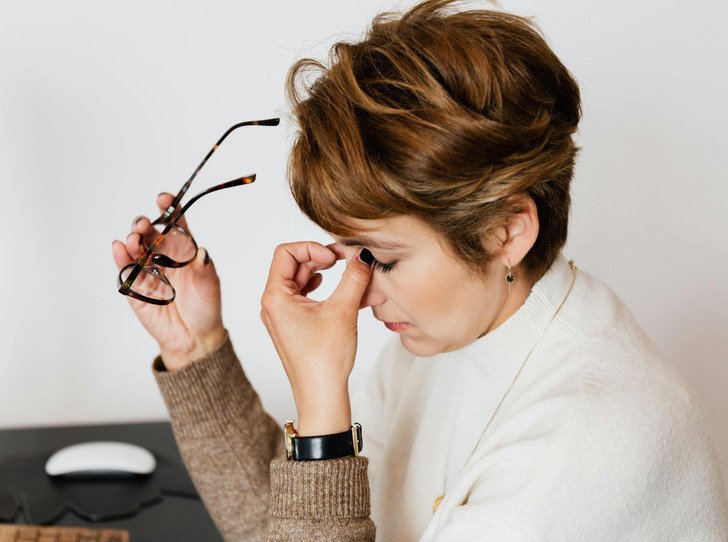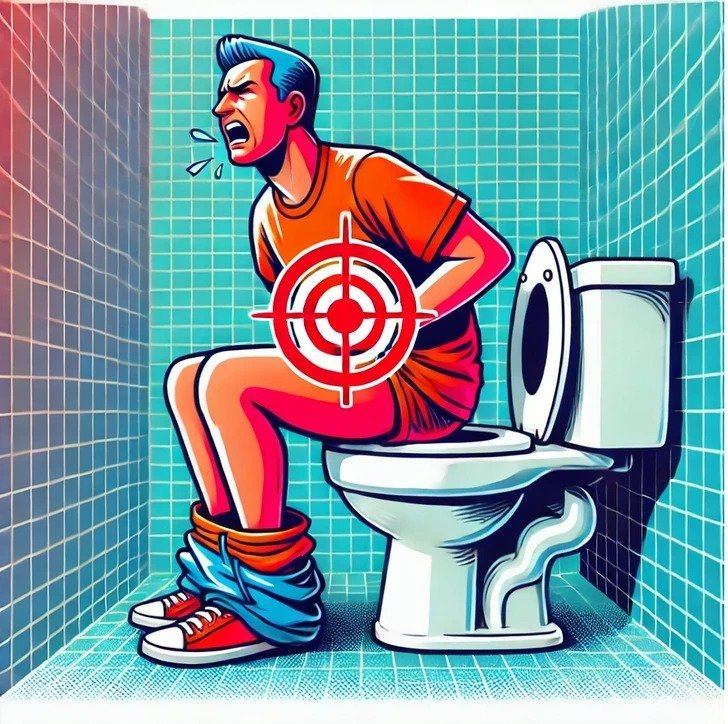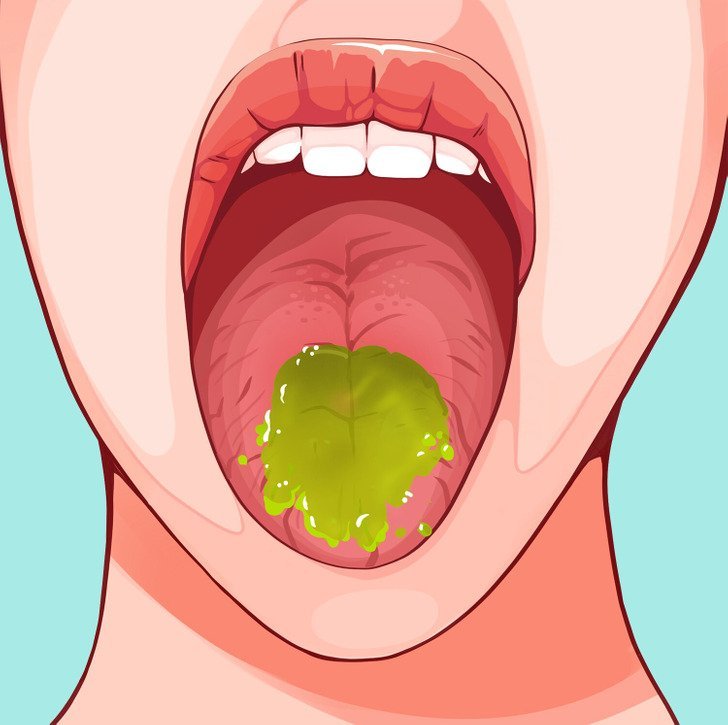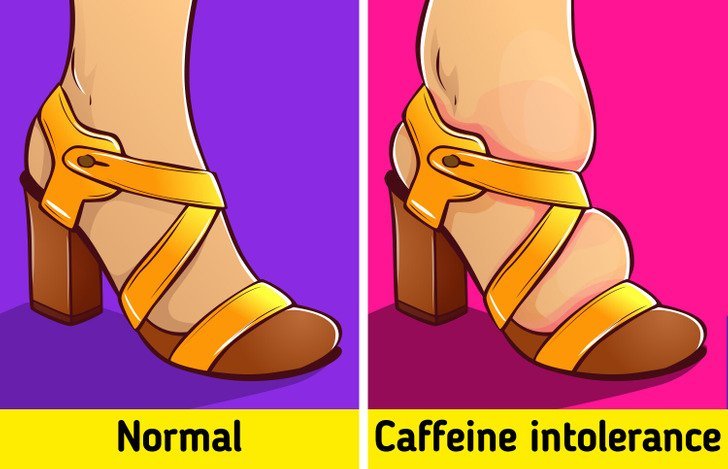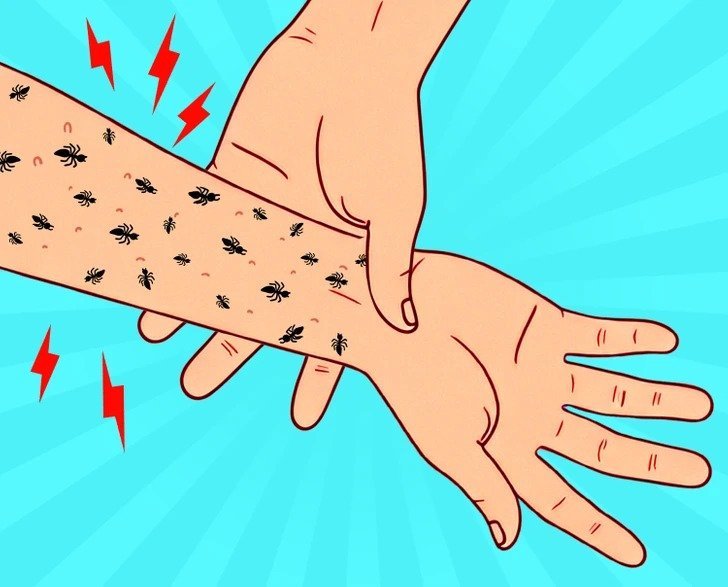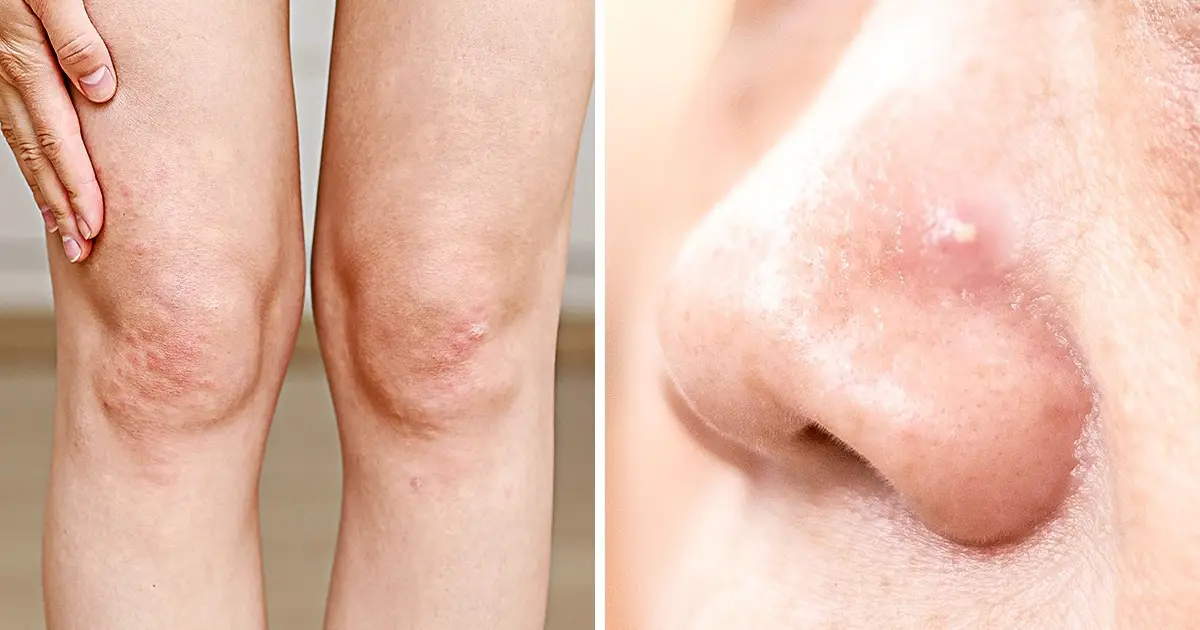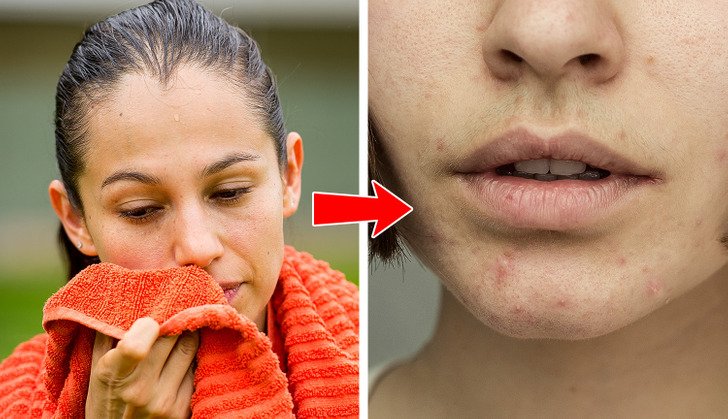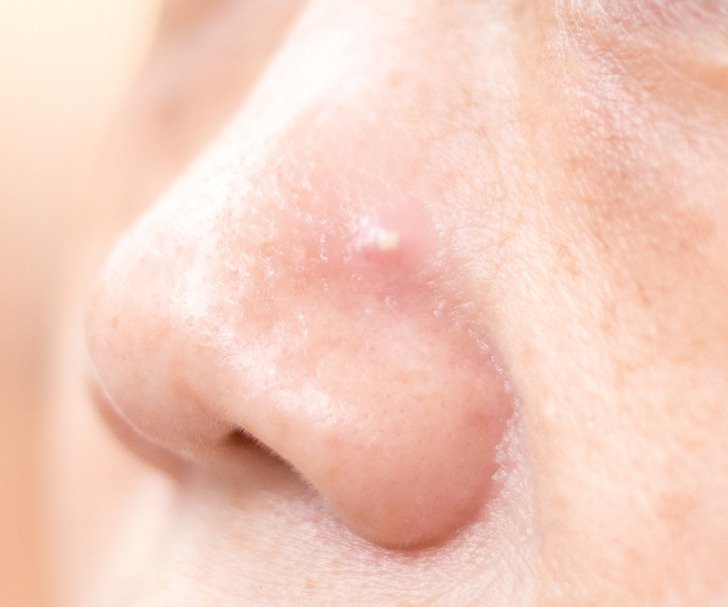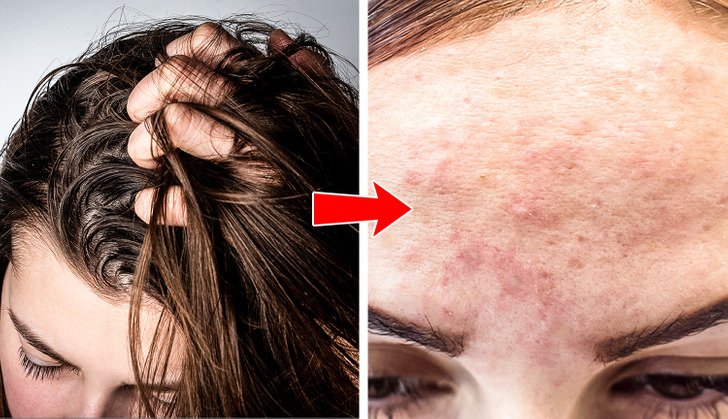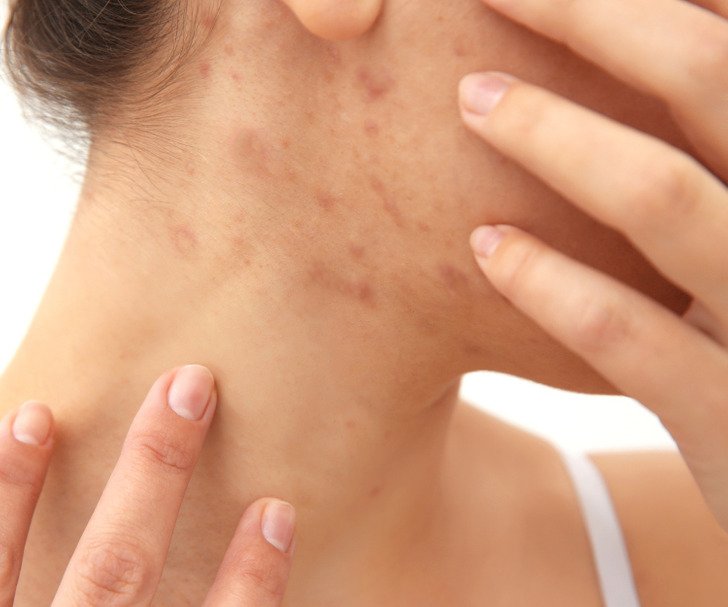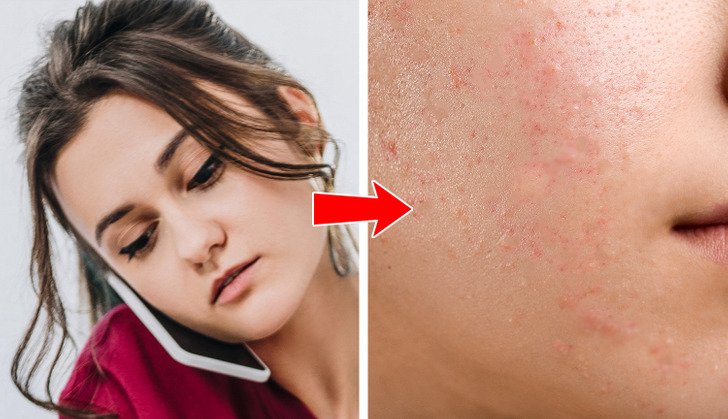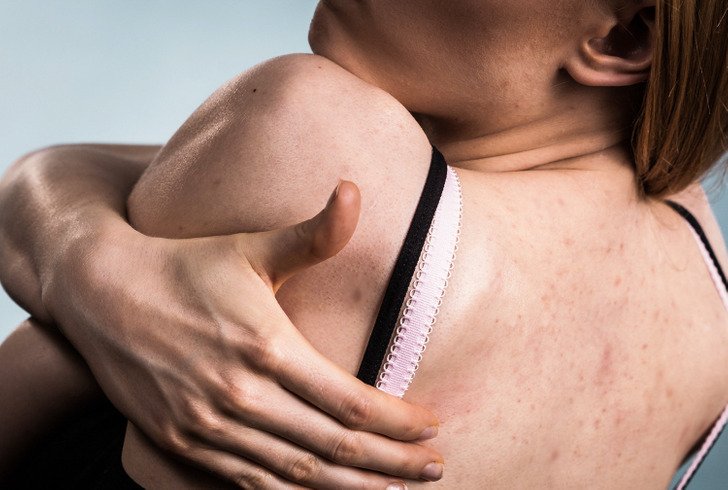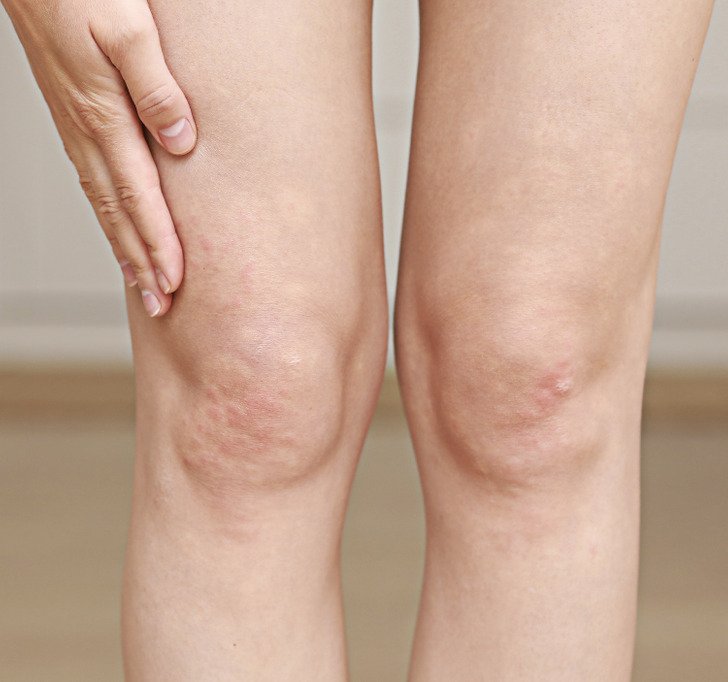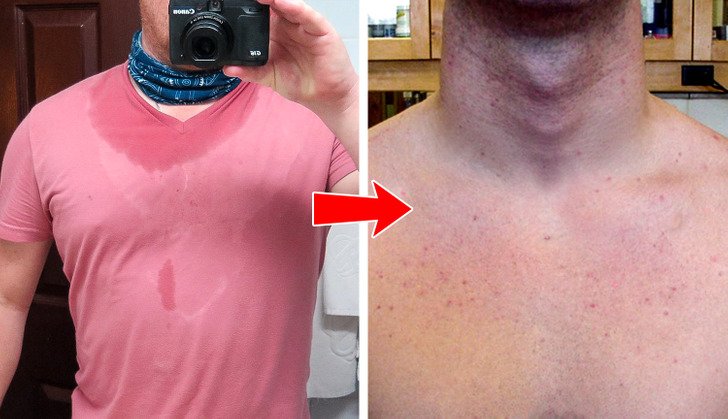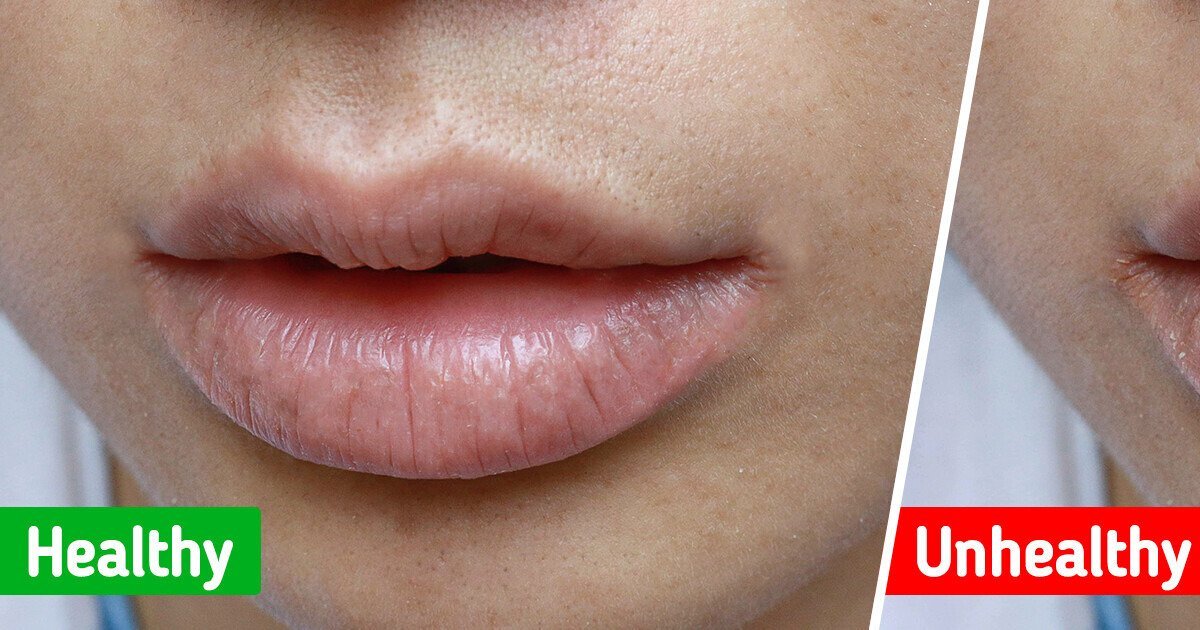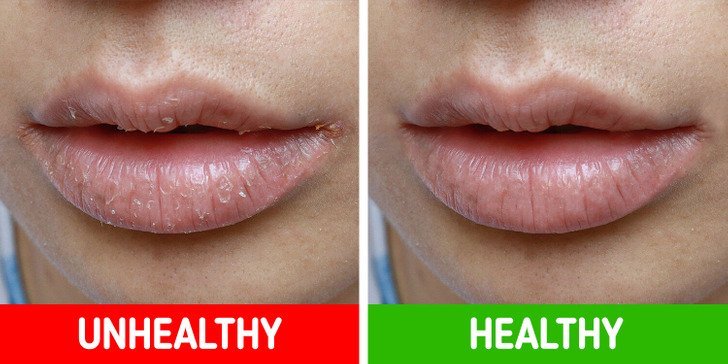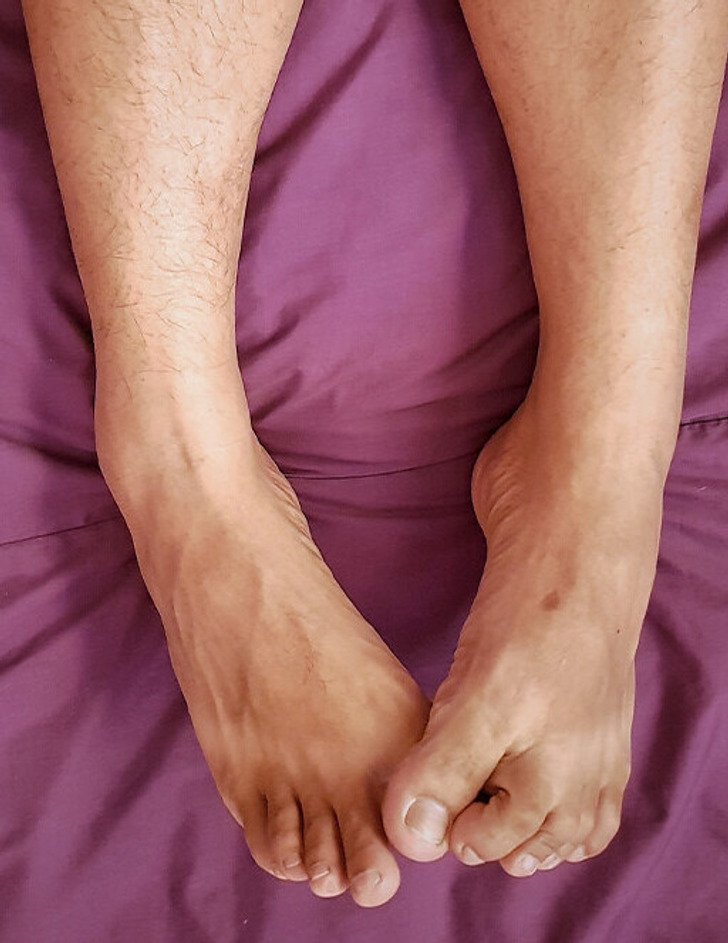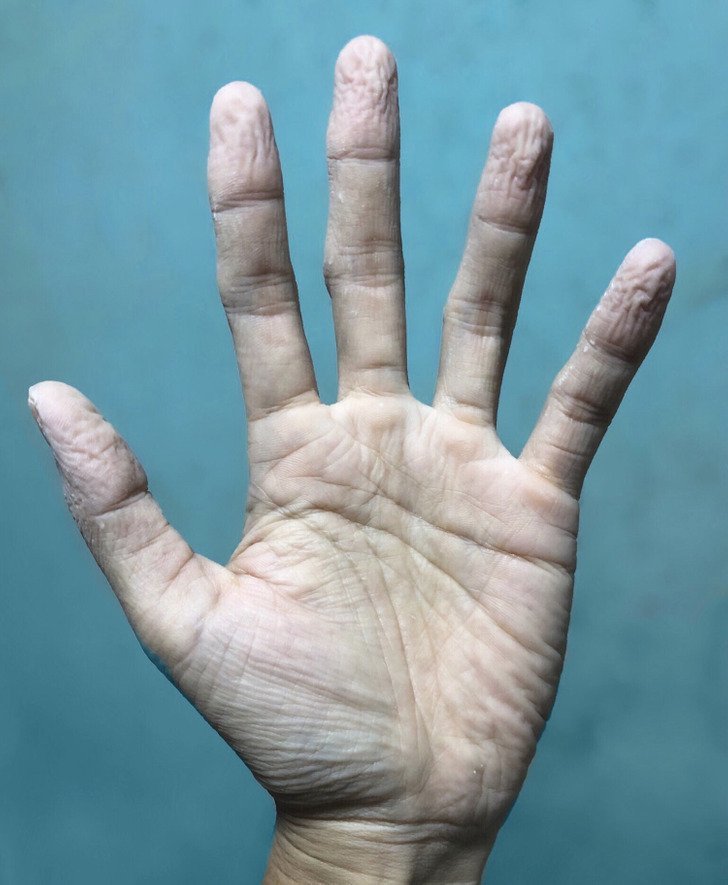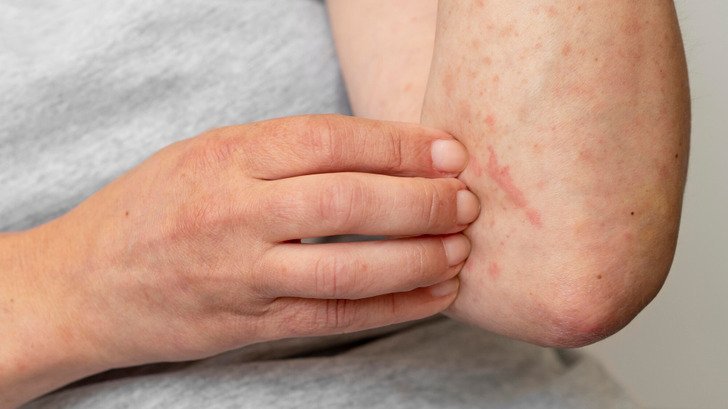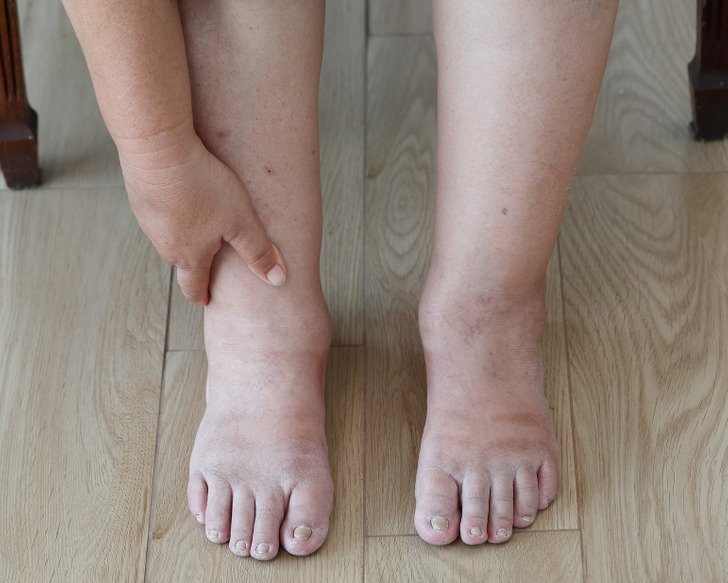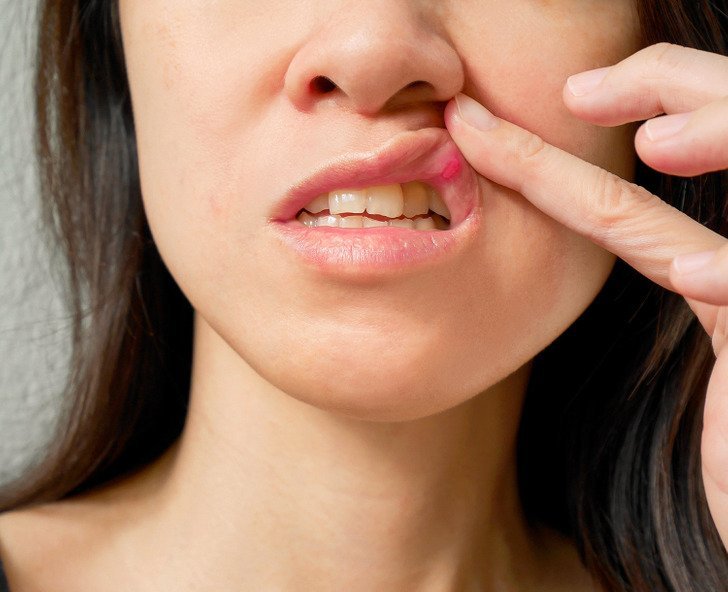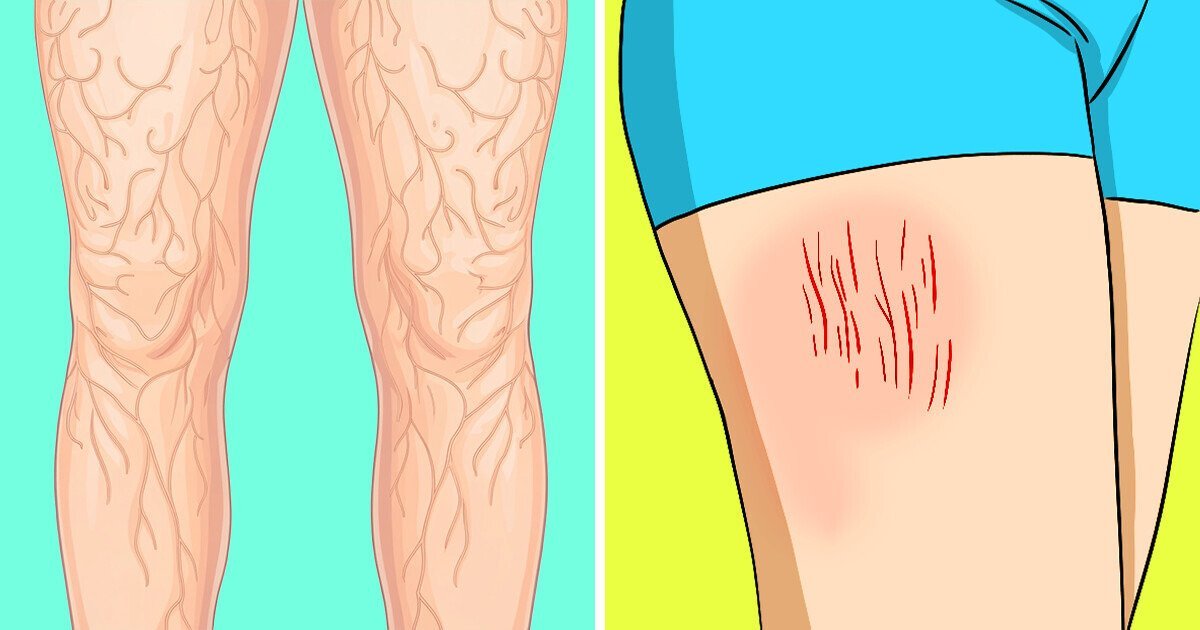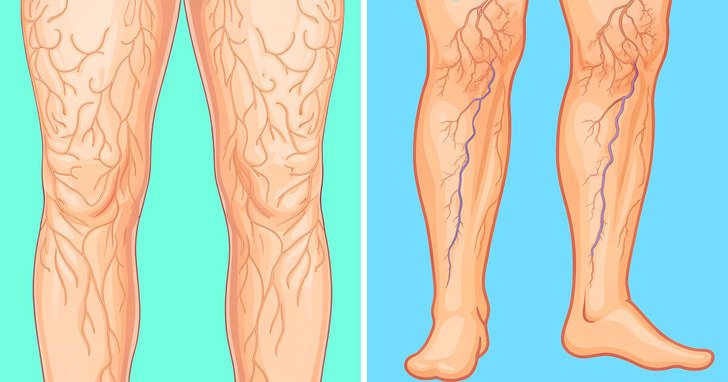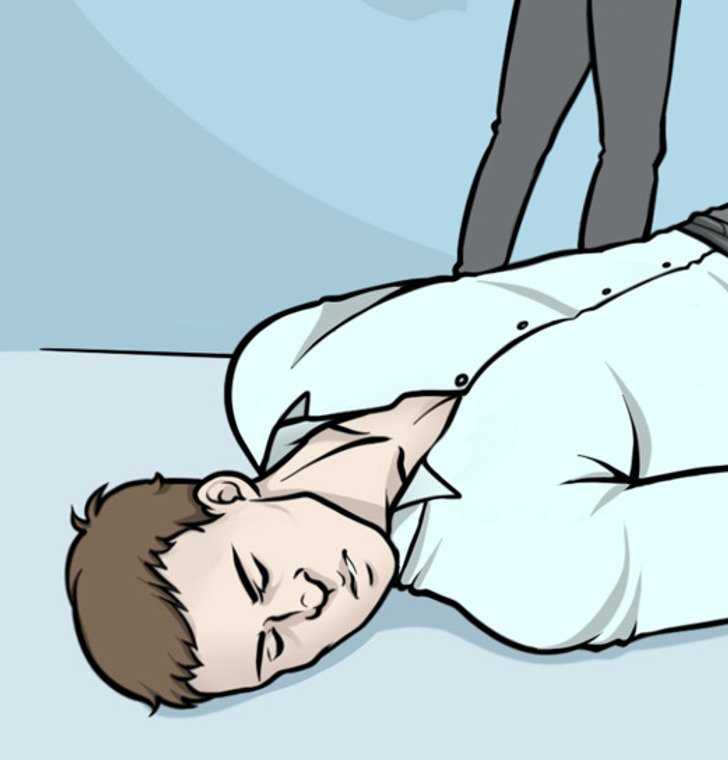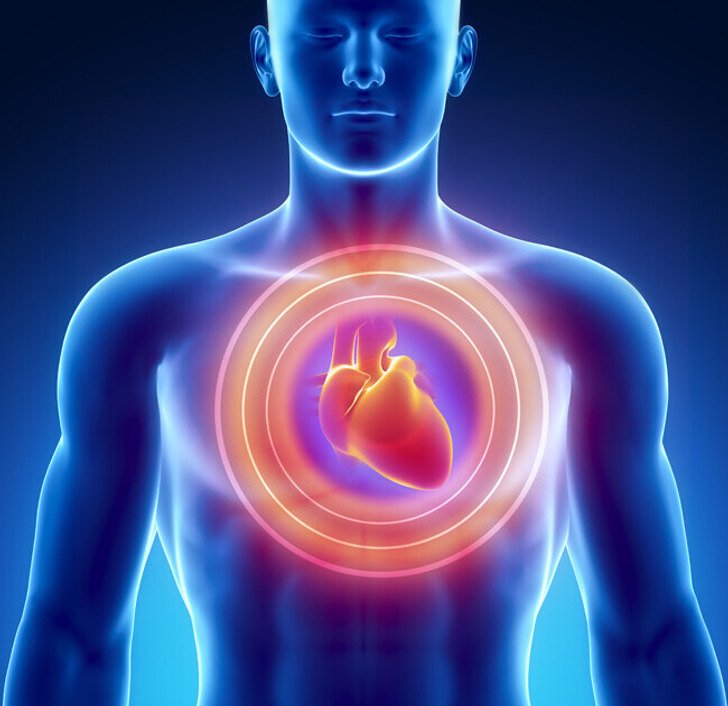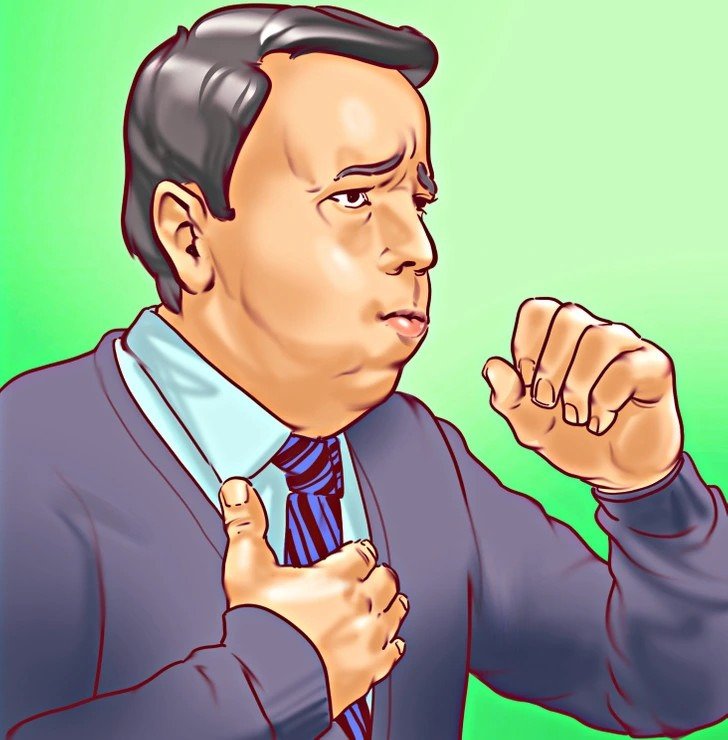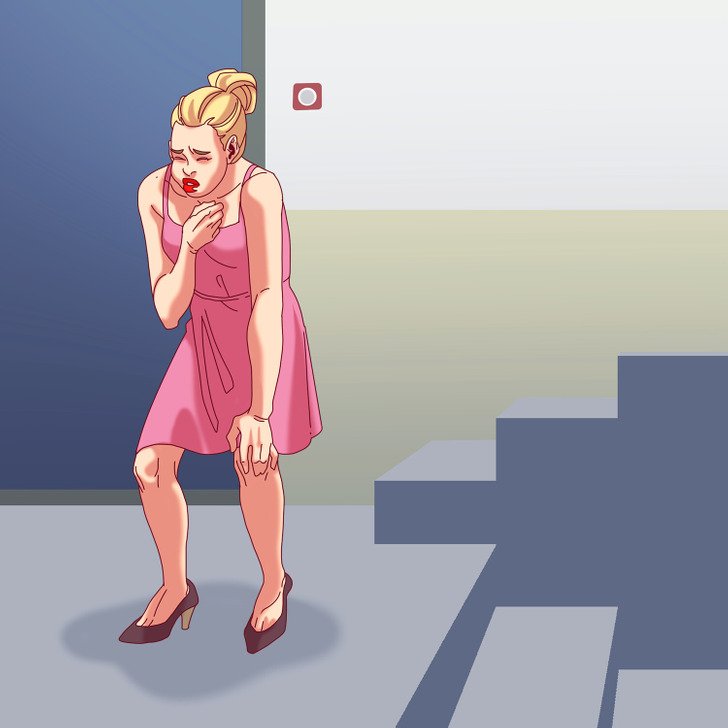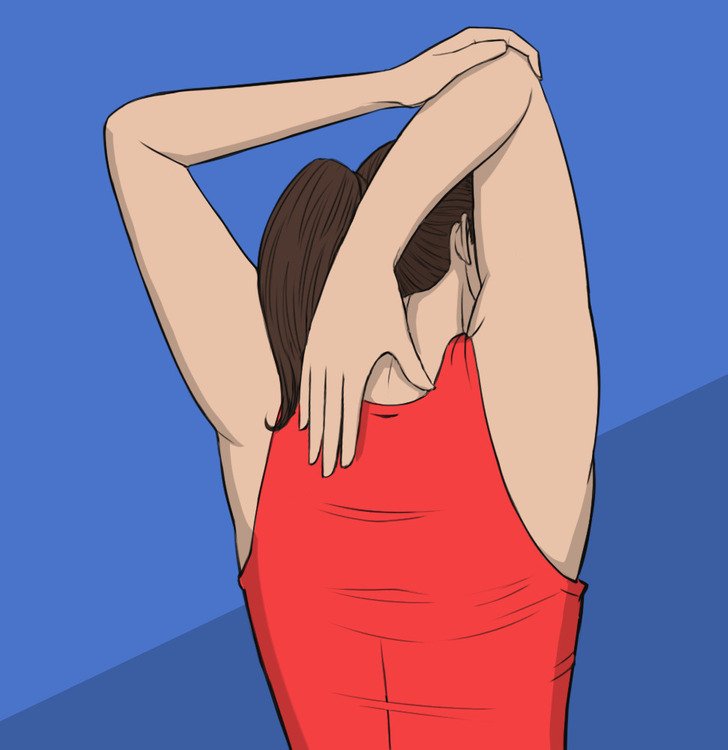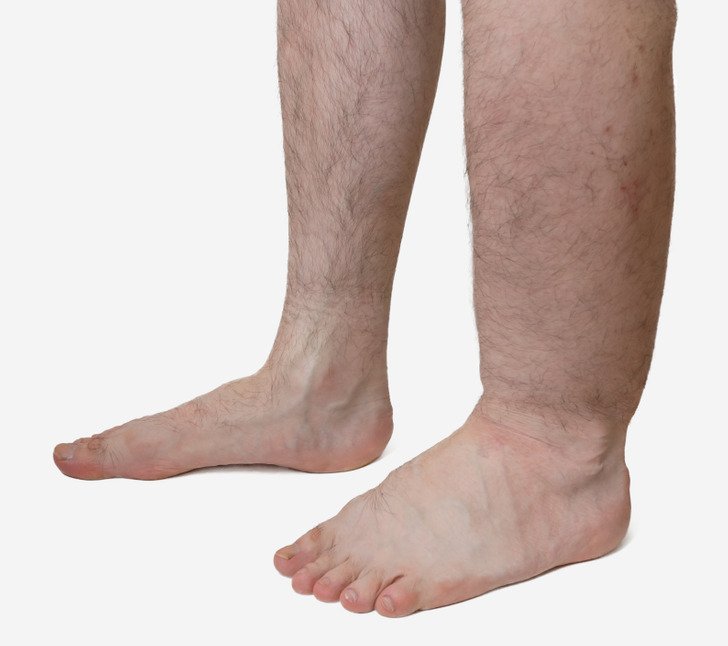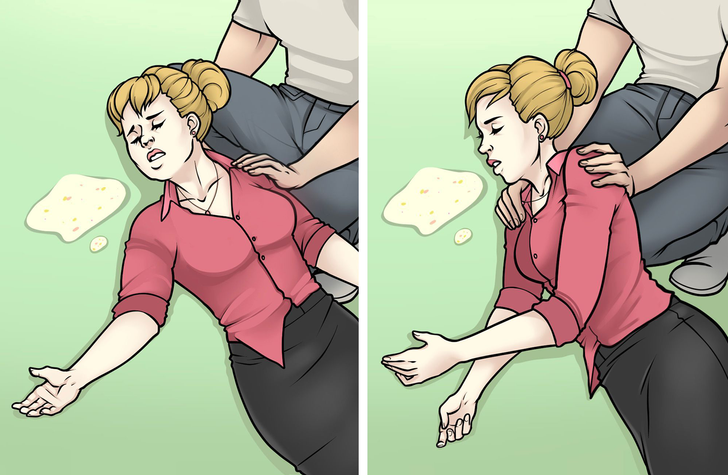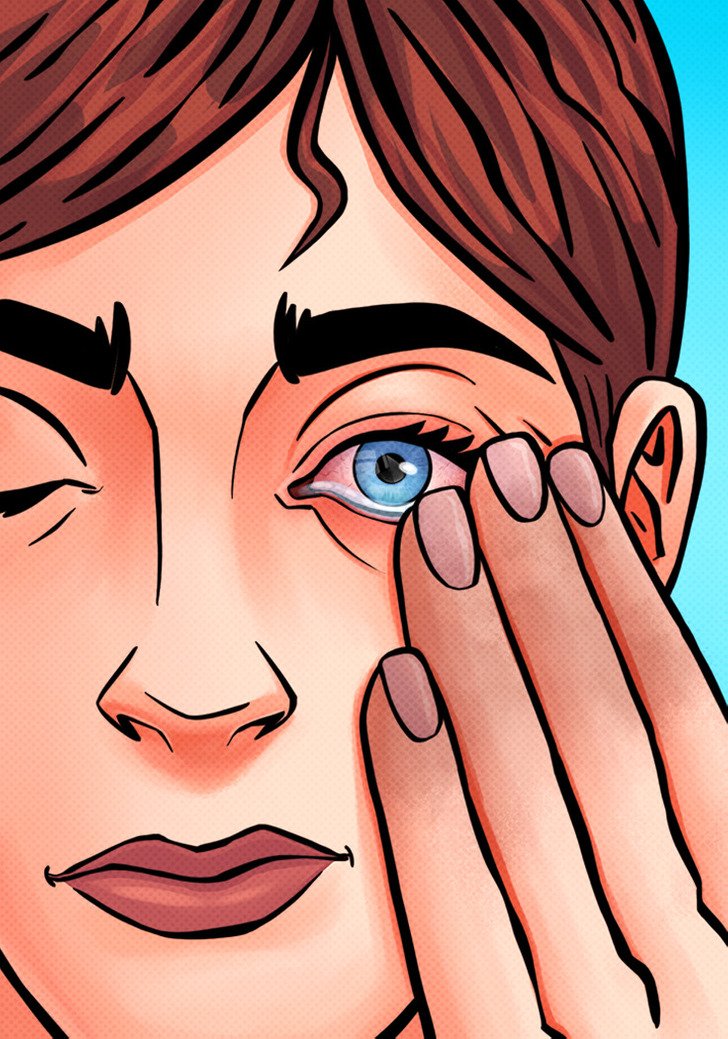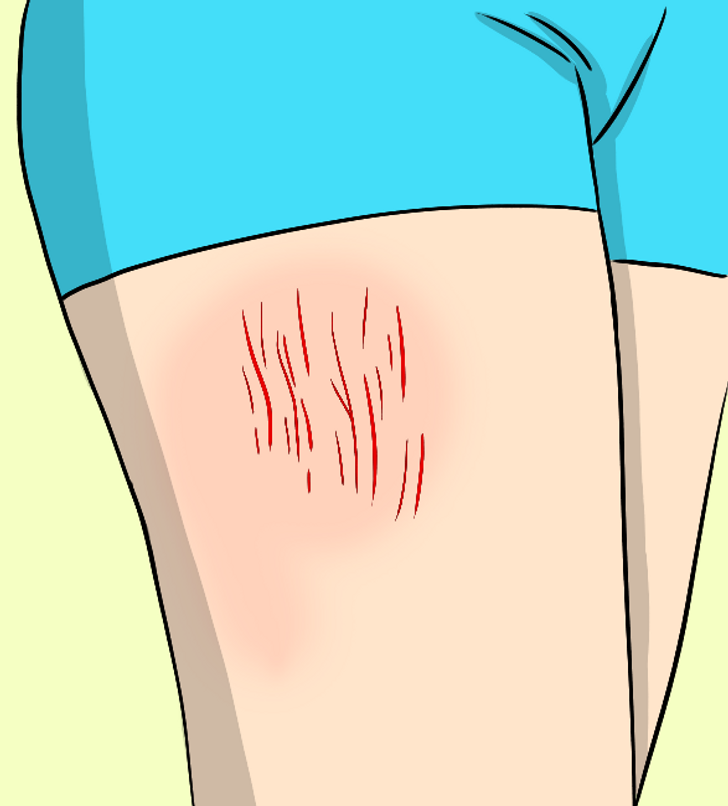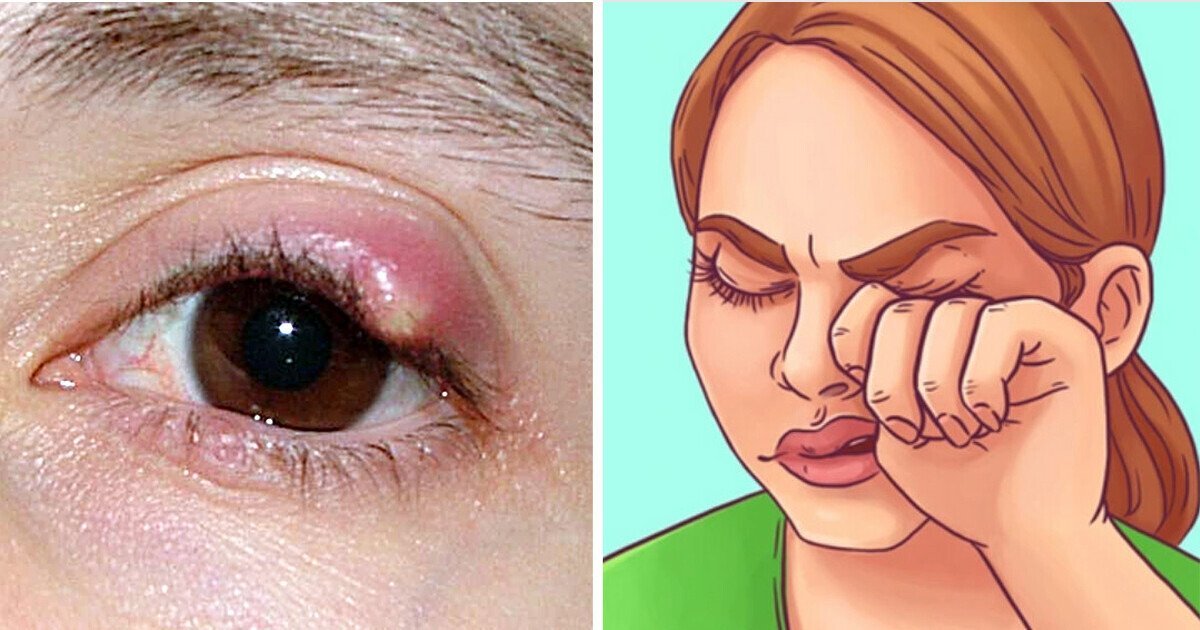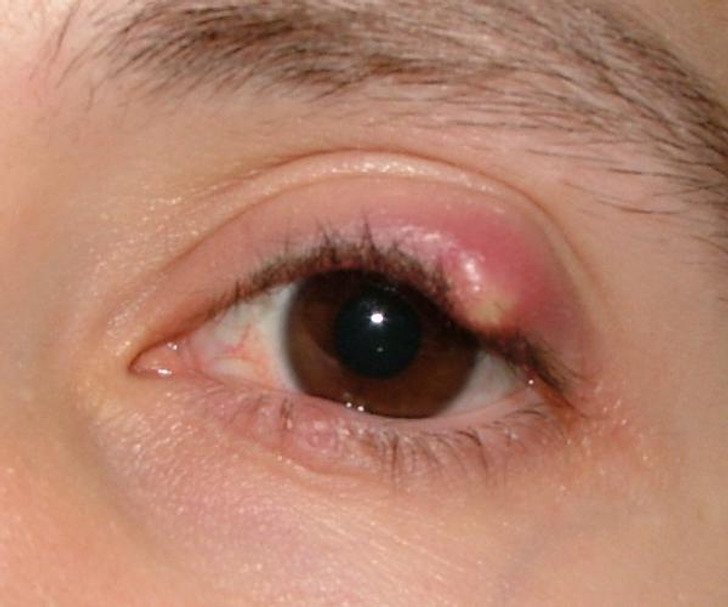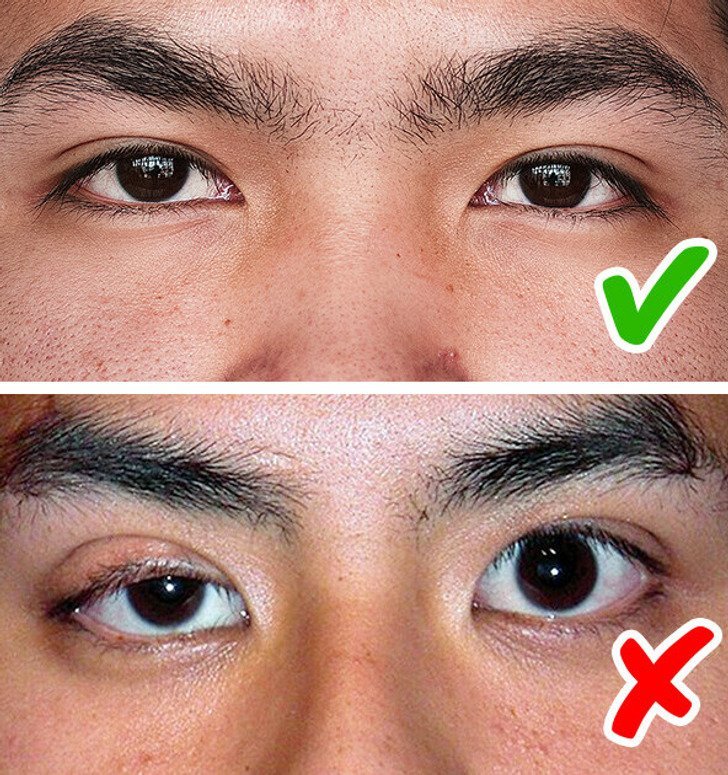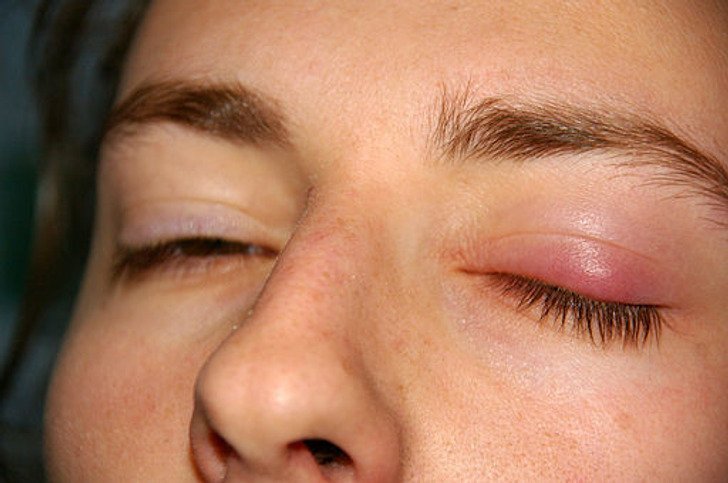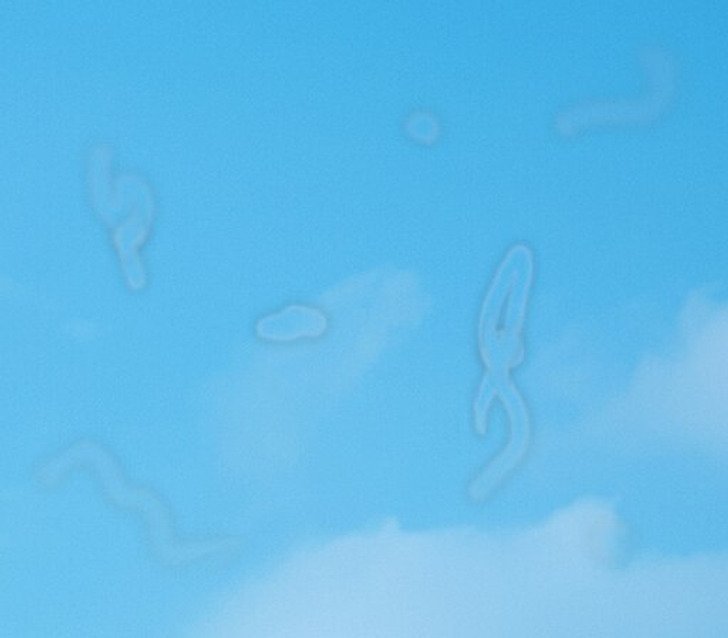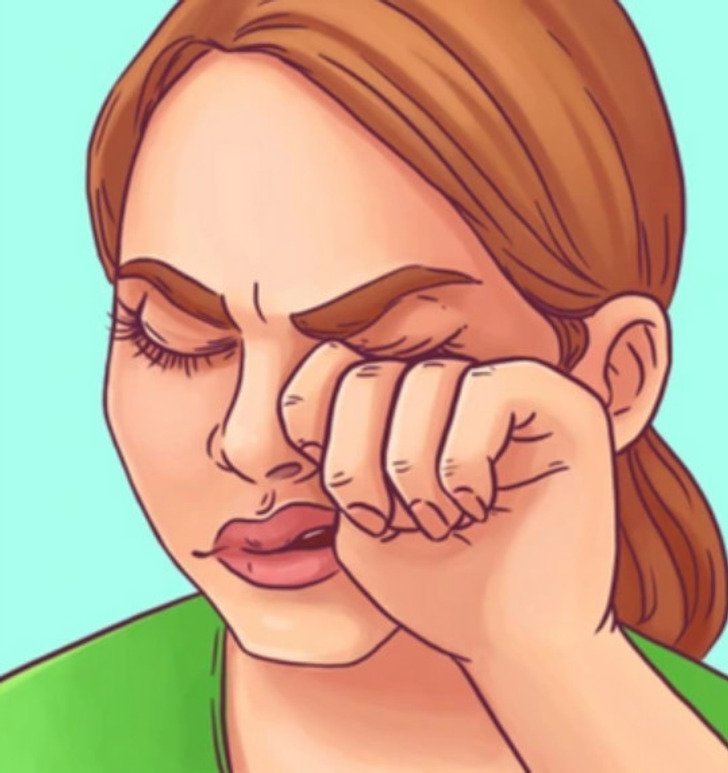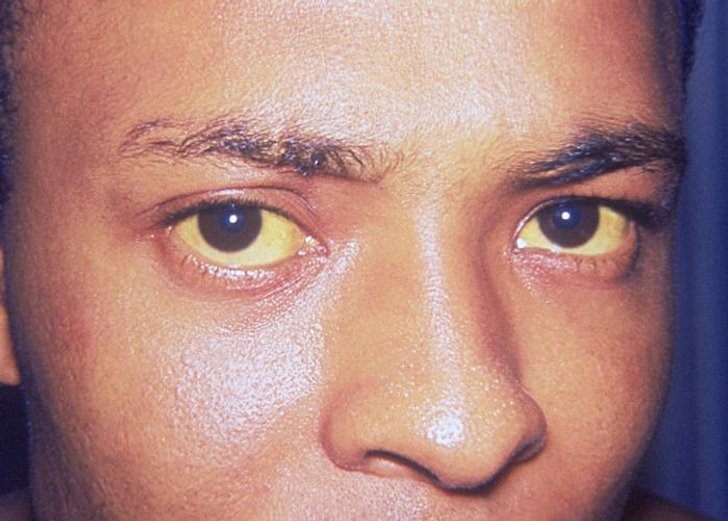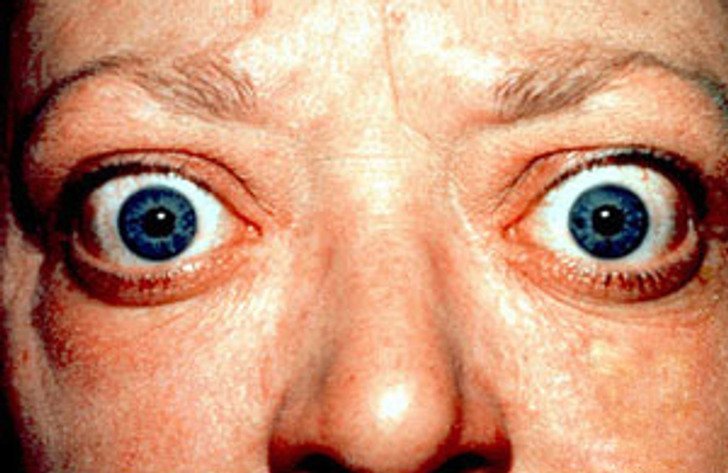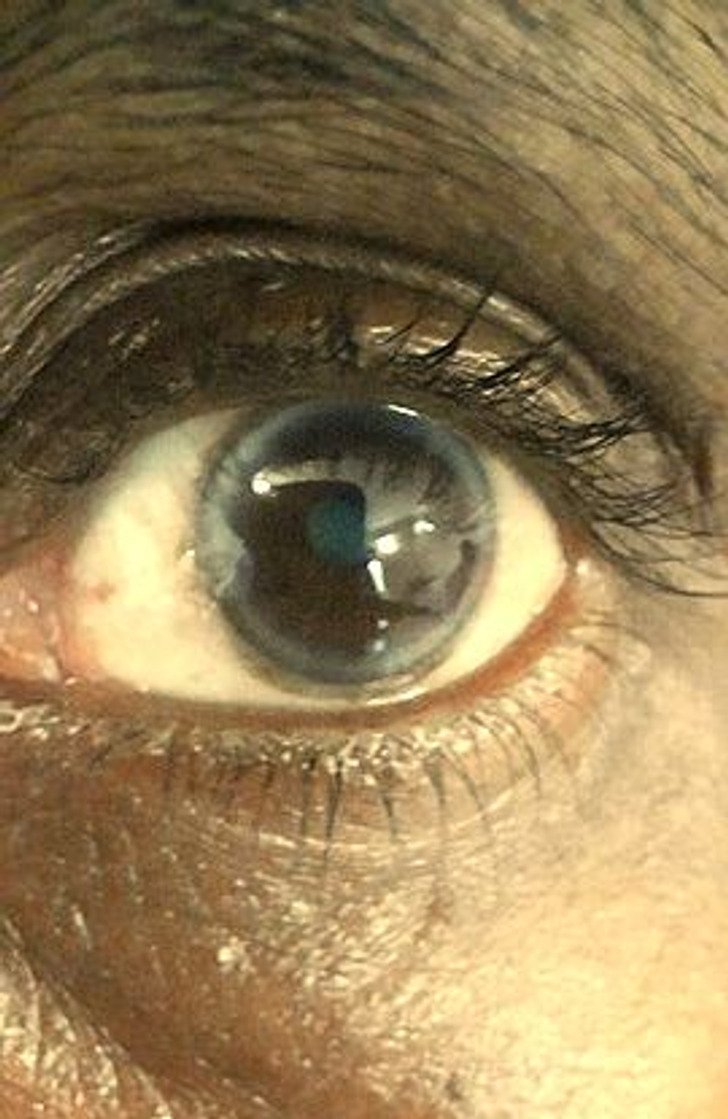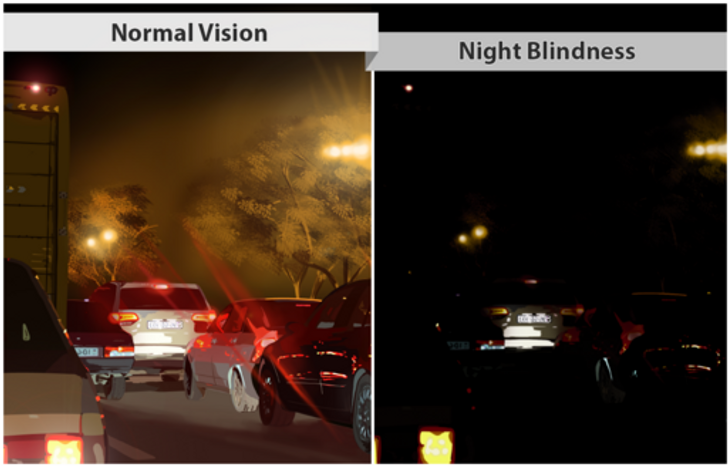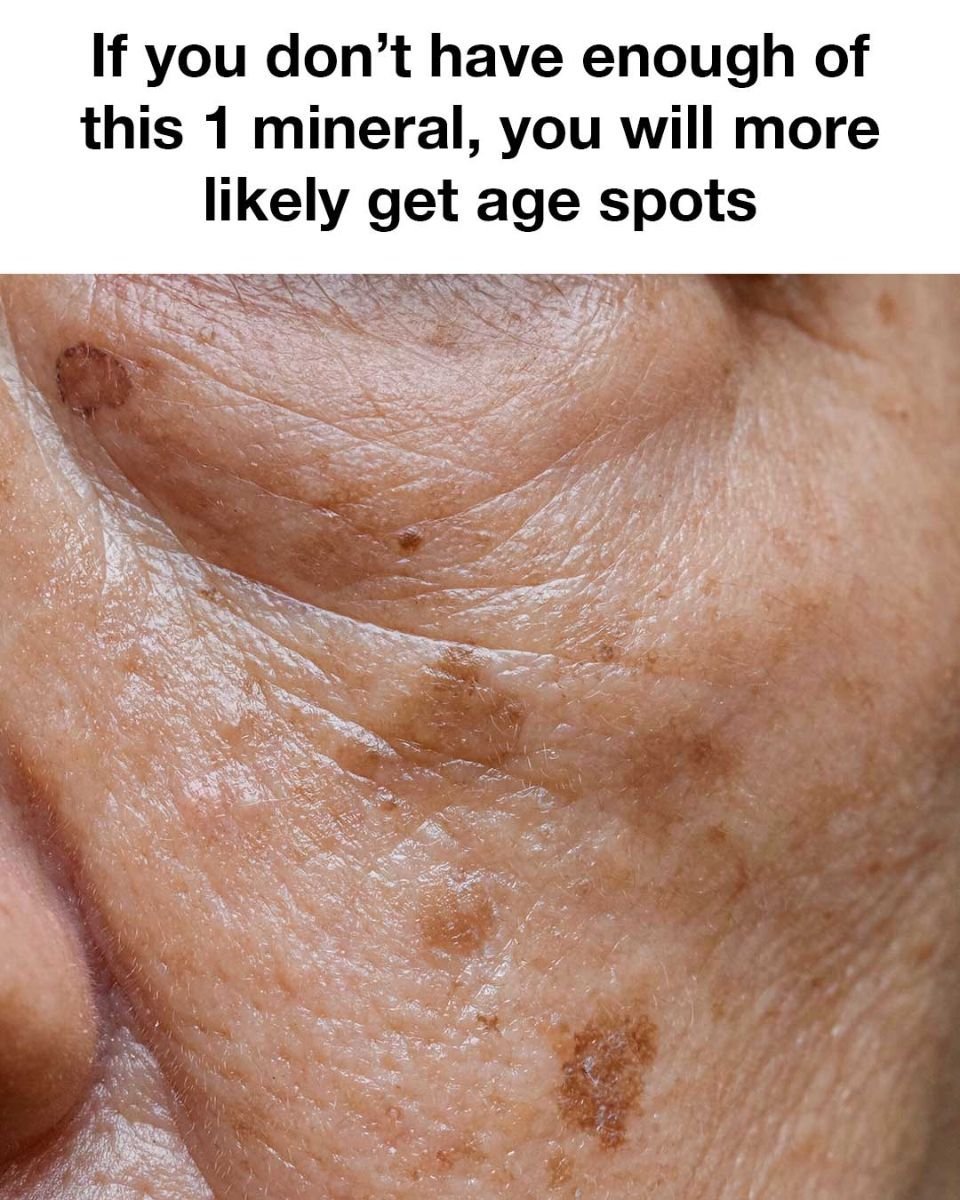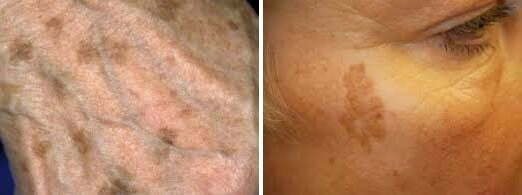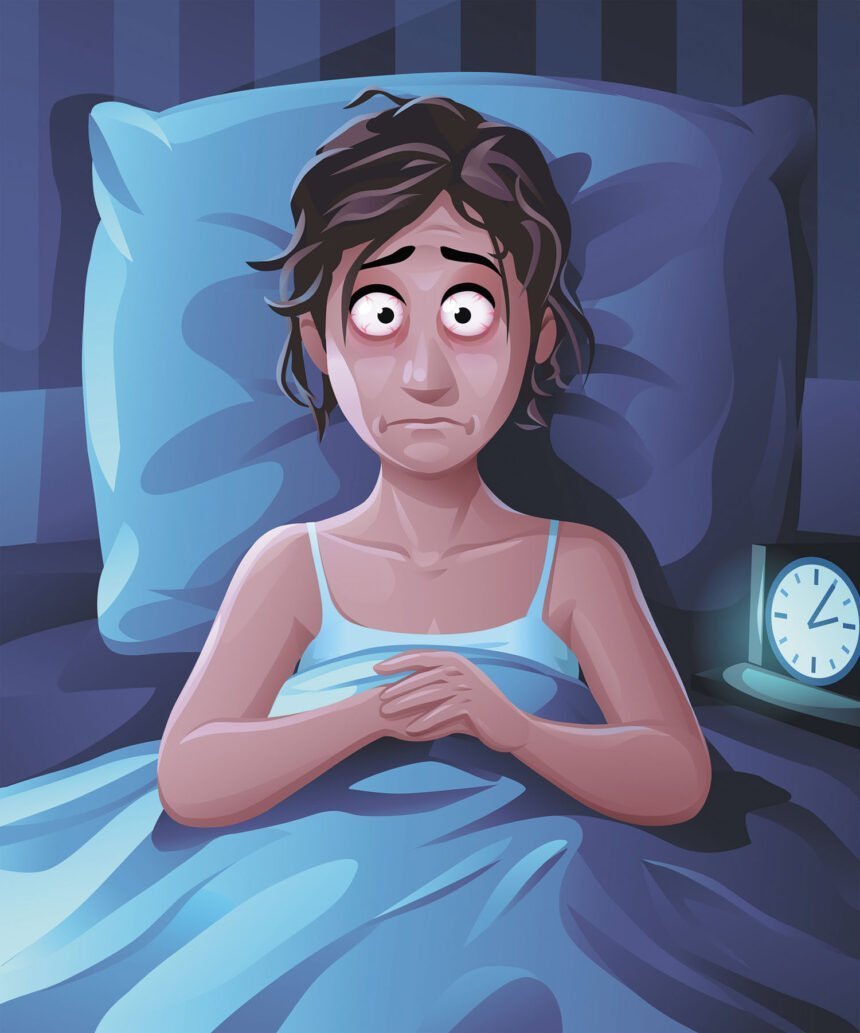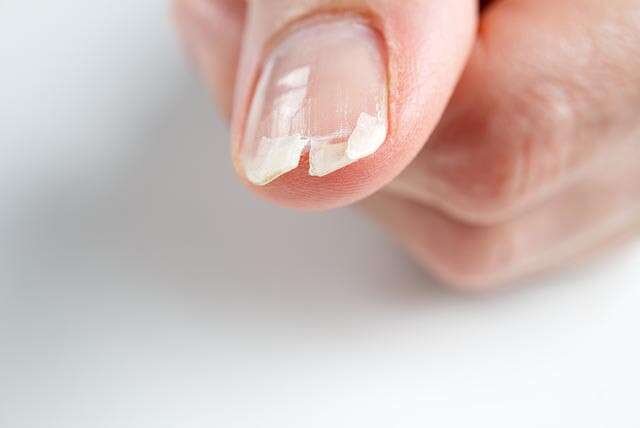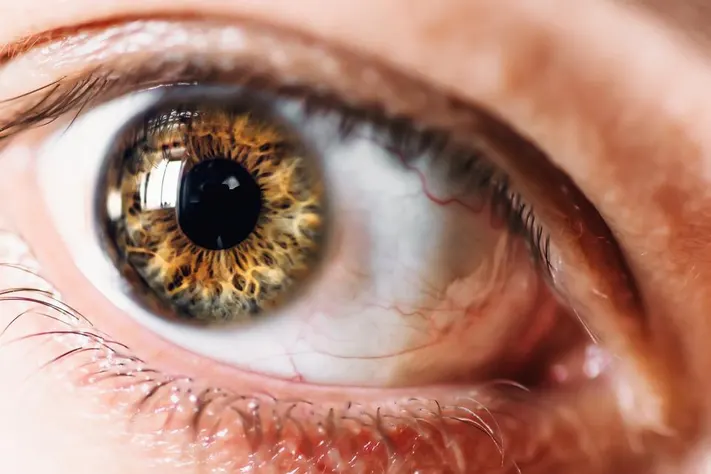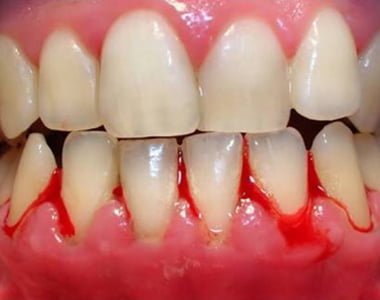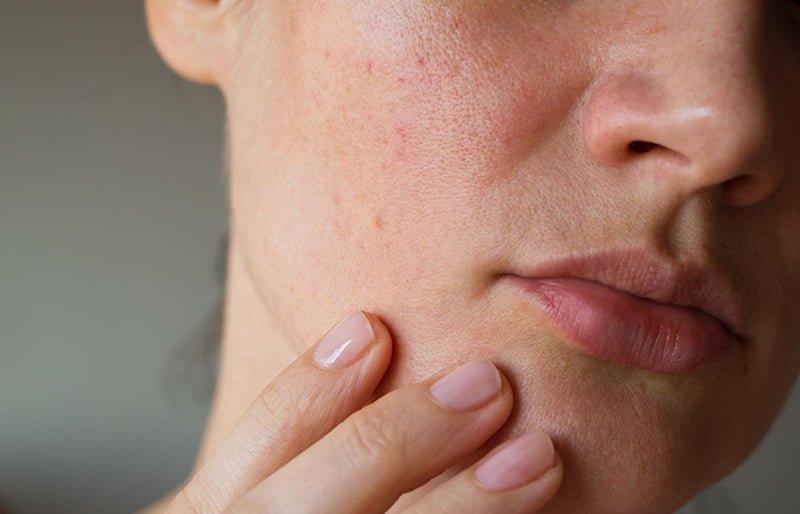Monitoring your health is important, and it’s crucial to be able to recognize a problem at an early stage.
Sometimes our body gives us signals that something is wrong.
All we have to do is pay attention to them and seek medical attention.
Content is provided for informational purposes only and is not intended as a substitute for medical advice.
Seek guidance from your doctor regarding your health and medical conditions.
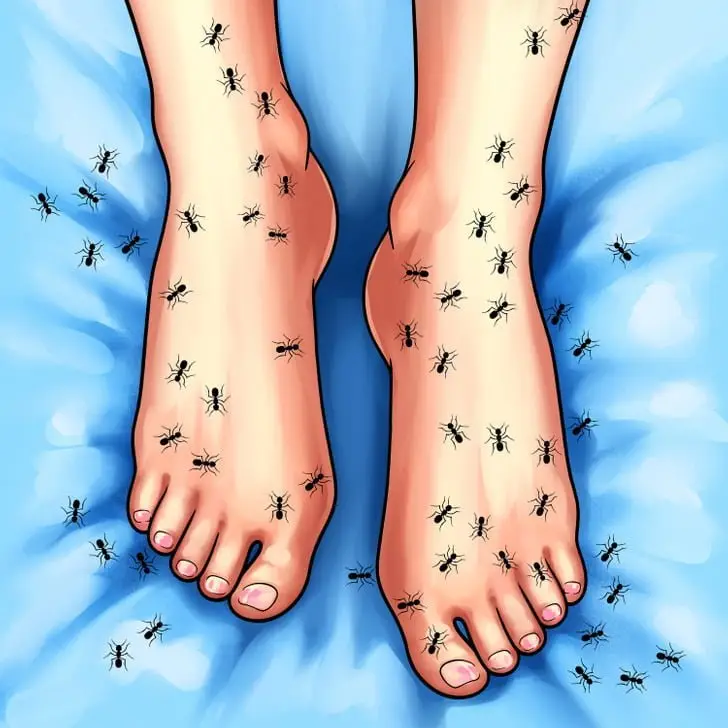
If you experience strange sensations in your legs and feet, such as crawling, creeping, or an urge to move, it might be a sign of restless leg syndrome.
This chronic condition often causes discomfort at night when you are trying to sleep.
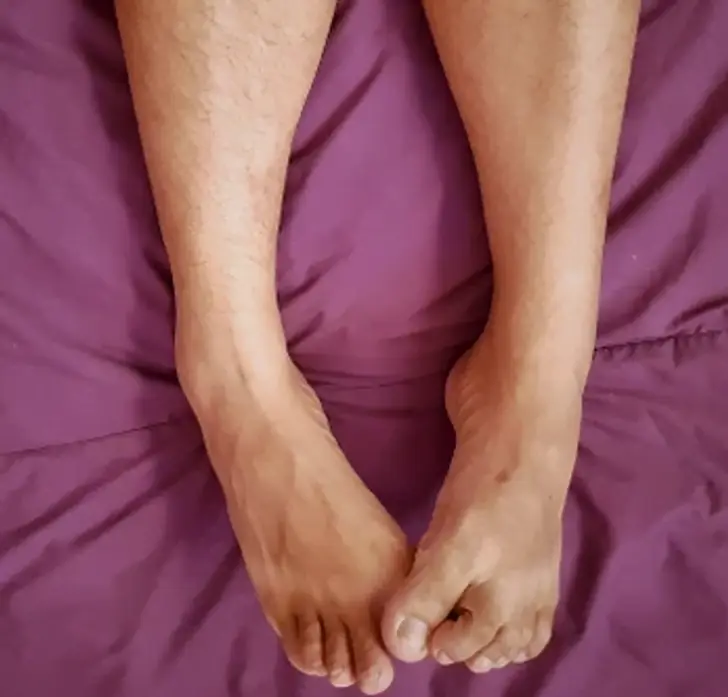
Sometimes your muscles act on their own, without you telling them to.
They might twitch or contract and have trouble relaxing.
Twitches and spasms are most common in areas like your thighs, calves, hands, arms, belly, ribcage, and the arches of your foot.
Doctors aren’t always sure why they happen, but a few things can trigger them.
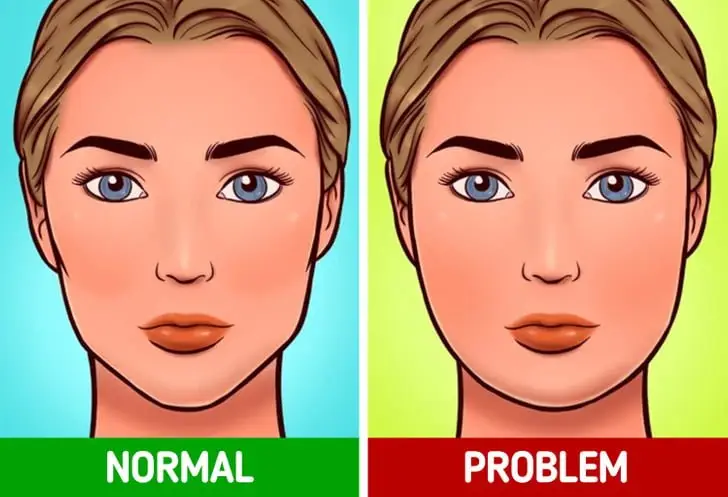
Leukocoria means “white pupil,” and it happens when the pupil of your eye looks white instead of black.
It’s more common in kids but can also happen to adults.
There are lots of different things that can cause leukocoria, so it’s important to see an eye doctor right away if you notice it.
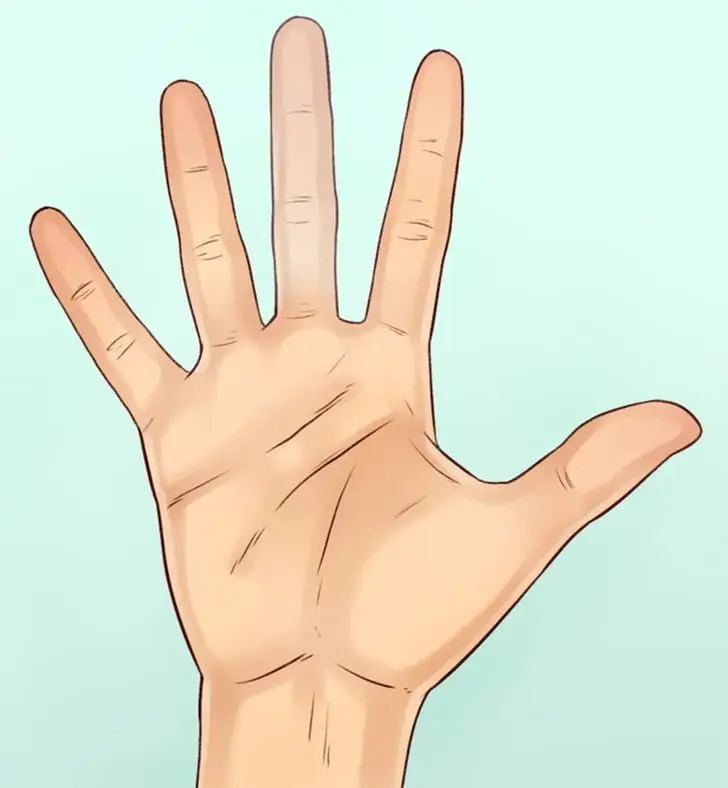
Raynaud’s disease makes parts of your body, like fingers and toes, feel numb and cold when it’s chilly or when you’re stressed.
It happens because the small arteries that carry blood to your skin get narrow, reducing blood flow to those areas.
This narrowing is called vasospasm.
Raynaud’s disease is more common in women than men and tends to affect people who live in colder places.
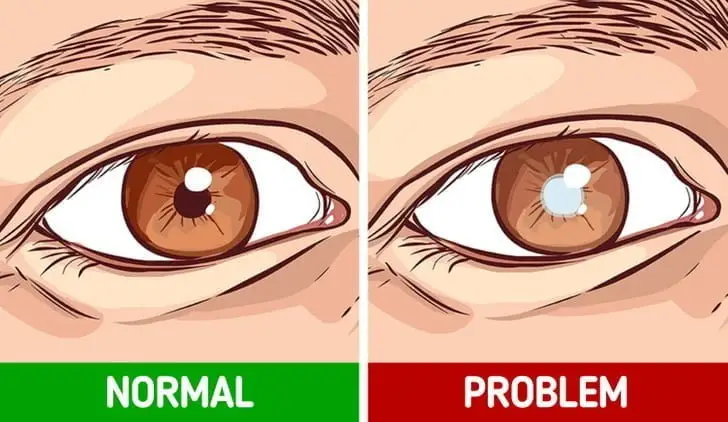
Sometimes, your face might swell up because of health issues like injury, infection, or allergies. Some of these reasons can be really serious.
You might wake up sometimes with a puffy face. This could happen if something pushes on your face while you sleep.
But if your face gets swollen or puffy because of an injury or if it happens often, it could be a sign of a health problem.
Facial swelling isn’t just about your face; it can also affect your neck or throat.
If your face swells up and there’s no injury, it could be a sign of a serious health problem. It’s best to have a doctor check it out.
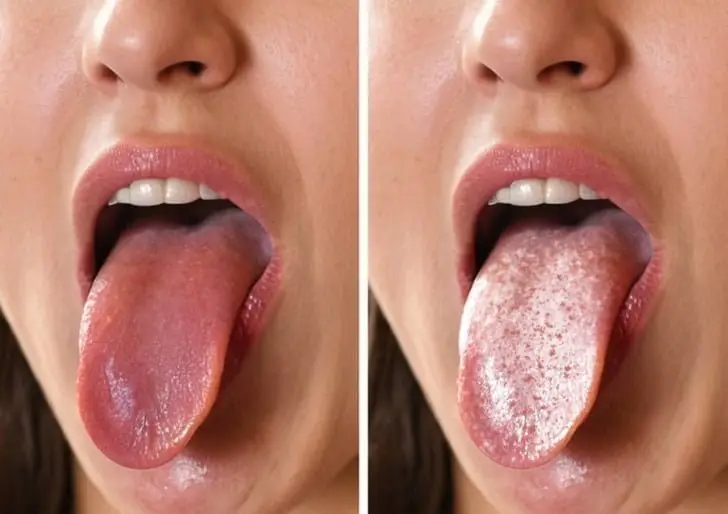
White tongue occurs when a white coating develops on part or all of the surface of your tongue. It can be accompanied by symptoms like bad breath, a hairy tongue, and irritation.
Causes can be:
While Candida is typically present in the mouth, it can sometimes overgrow and lead to symptoms.
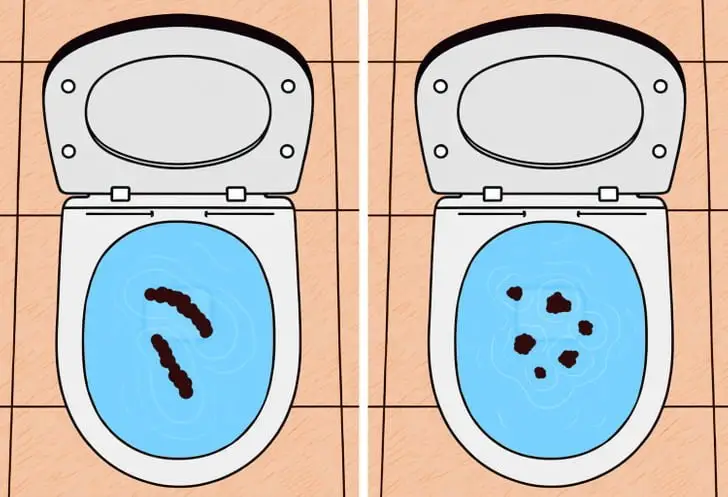
Some things that might make constipation more likely include:
When parents or caregivers are strict or pushy about toilet training, some kids might hold in their poop.
These can be things like antacids, some painkillers, and meds for other conditions like Parkinson’s disease.
Sometimes, certain foods can also make people feel blocked up.
This can slow down how food moves through the body and make poop come out like little pebbles.
Other things like being pregnant, going on a trip, or changing what you eat can also lead to constipation.
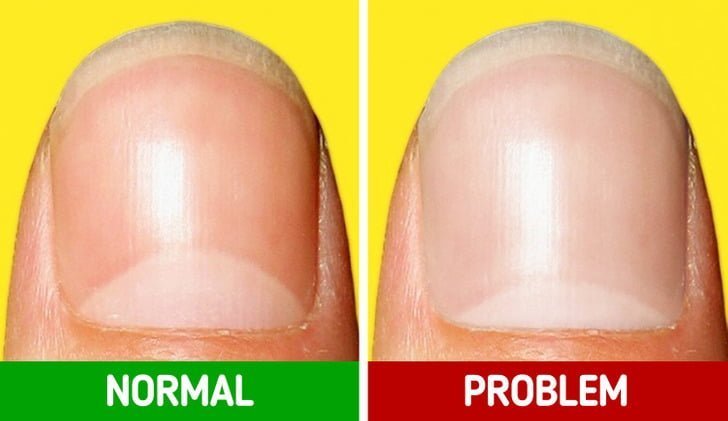
Are your nails pale or white?
This might indicate a low red blood cell count.
White nails can also suggest various conditions such as trauma, liver disease, diabetes, an overactive thyroid, heart failure, heavy metal poisoning, chemotherapy, or a lack of nutrients in your diet.
If your nails are mostly white with a thin pink strip at the tip, you might have Terry’s nails.
This condition can occur as a result of aging, but it could also be a sign of underlying health issues such as diabetes, kidney, liver, or heart disease.
